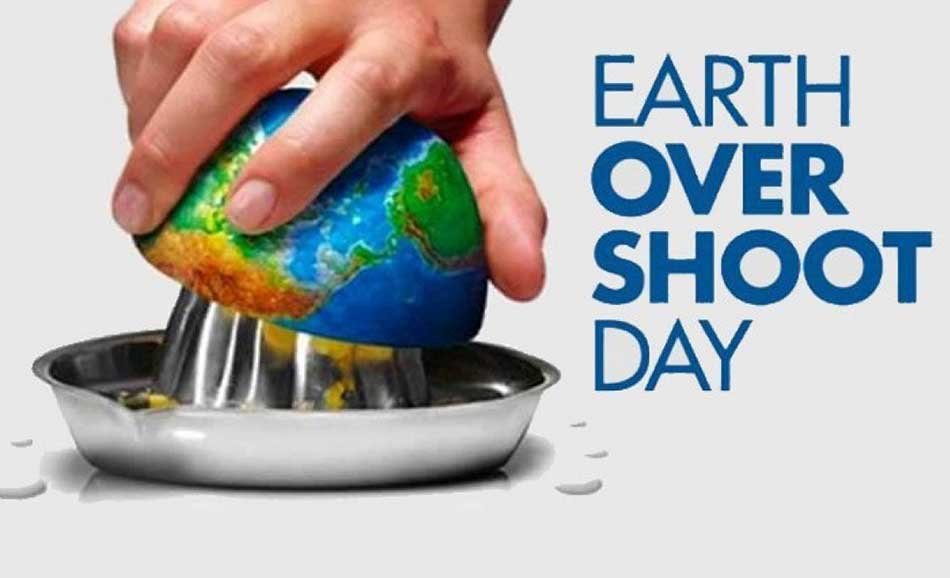Earth Overshoot Day and the promise of 'One-Planet Compatibility'
Can the private sector push back the day each year when we exceed our planet's sustainability budget? Here are five paths forward. Read More

Today, July 29, is Earth Overshoot Day, the day when we’ve used more natural resources than our planet can renew in an entire year. And, if the rest of the world were to live like the United States, the date would move up nearly 11 weeks.
We currently live as if we have nearly double of the Earth’s resources at our disposal and despite the needs for sustainable infrastructure, climate policy and a clean energy mix becoming increasingly clear, Earth Overshoot Day is moving to an earlier date every year.
Fortunately, this trend is reversible; we have the technology and methods readily available to push the date back to December 31st and beyond. Global Footprint Network, a research organization changing how the world manages its natural resources, and Schneider Electric have analyzed how to move Earth Overshoot Day back. Our new report highlights the competitive advantage of one-planet compatible companies, how to engage eco-friendly technology, employ forward-thinking solutions and live within the means of our planet’s natural resources.
Specifically, the analysis shows that the world could potentially move the date back by at least 21 days if 100 percent of our existing building and industry infrastructure were equipped with readily available energy efficiency and renewable energy technology. This means energy retrofits alone could make a difference of three weeks. And, if we move the day back by five days every year, we will be back to one-planet compatibility before 2050, in line with the Paris Climate Agreement.
To put into perspective, here are some additional initiatives we can enact now to postpone Earth Overshoot Day:
- Retrofit buildings with digital technologies and energy management software to move the date by at least three days
- Enable digital transformation of industry to move the date by at least three days
- Endorse legislation to divert food waste from landfills and cut worldwide waste in half to move the date by at least 10 days
- Adopt decentralized, decarbonized and digital power to move the date by at least 15 days
- Support collaboration to cut CO2 emissions by half to move the date by 93 days
One-planet compatibility
Earth Overshoot Day is both an opportunity and a call for businesses to examine their business model against One-Planet compatibility. Businesses need to understand if and how they can thrive within the means of our planet’s natural resources. An increasing number of organizations are making long-term plans to operate in a world of finite resources and finding that sustainable choices are in fact good for business. My company’s recent Corporate Energy & Sustainability Progress Report shows many of the surveyed companies who had implemented energy efficiency and renewable projects rose by 12 percentage points in just one year.
For example, major home appliance manufacturer Whirlpool Corporation is living proof of an organization that offers the proven business benefit of one-planet compatibility. By targeting zero-waste-to-landfill from its production facilities worldwide by 2020 and tapping Schneider to help design an actionable strategy across 40 manufacturing sites worldwide, the company demonstrates we can enable change with smart collaboration and innovation.
Today, our EcoStruxure Resource Advisor technology provides the information Whirlpool needs to boost efficiency, drive value and meet its sustainability goals. Three plants in Brazil already have achieved zero waste-to-landfill goals, two years earlier than expected, and more sites are making significant gains.
Human demand keeps increasing, bringing the date of Earth Overshoot Day sooner year after year. Together, we can co-create a One-Planet compatible future, preserve natural resources, and protect our planet to move the date.












